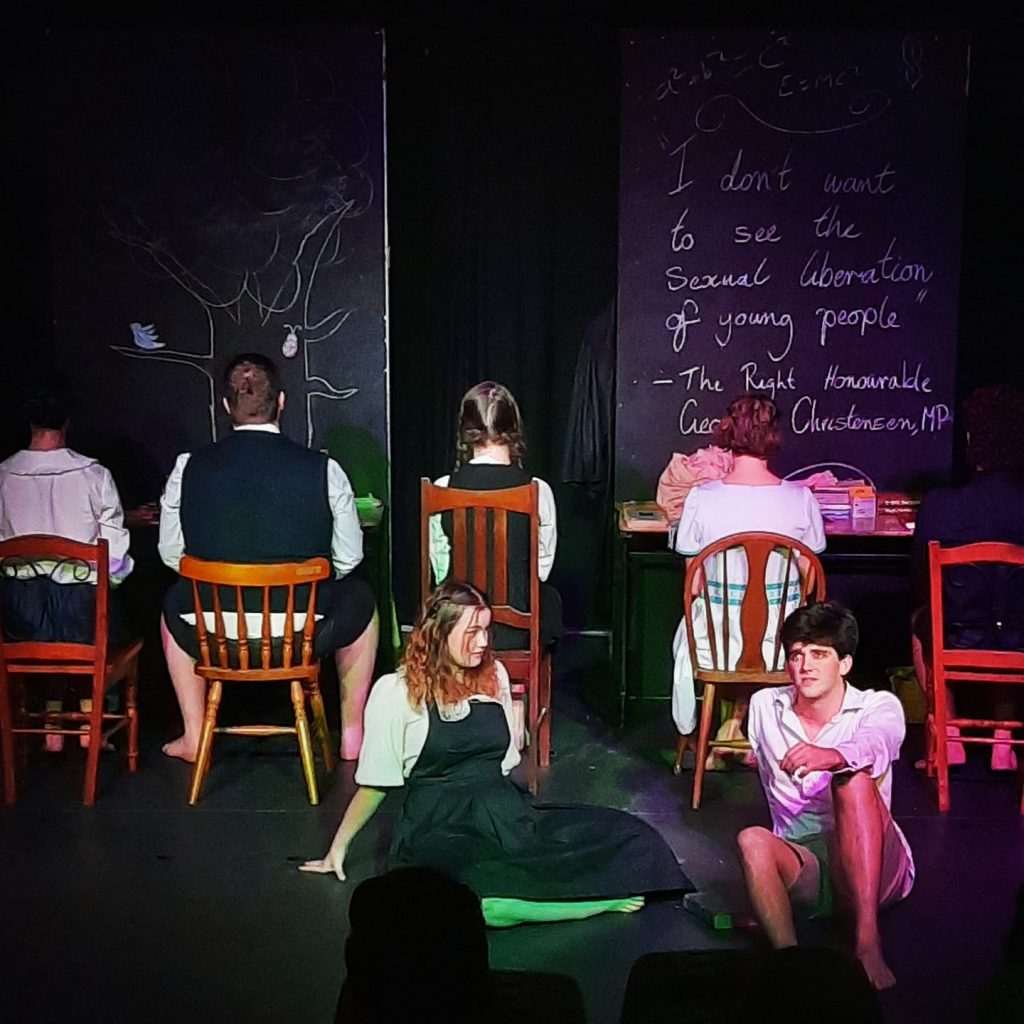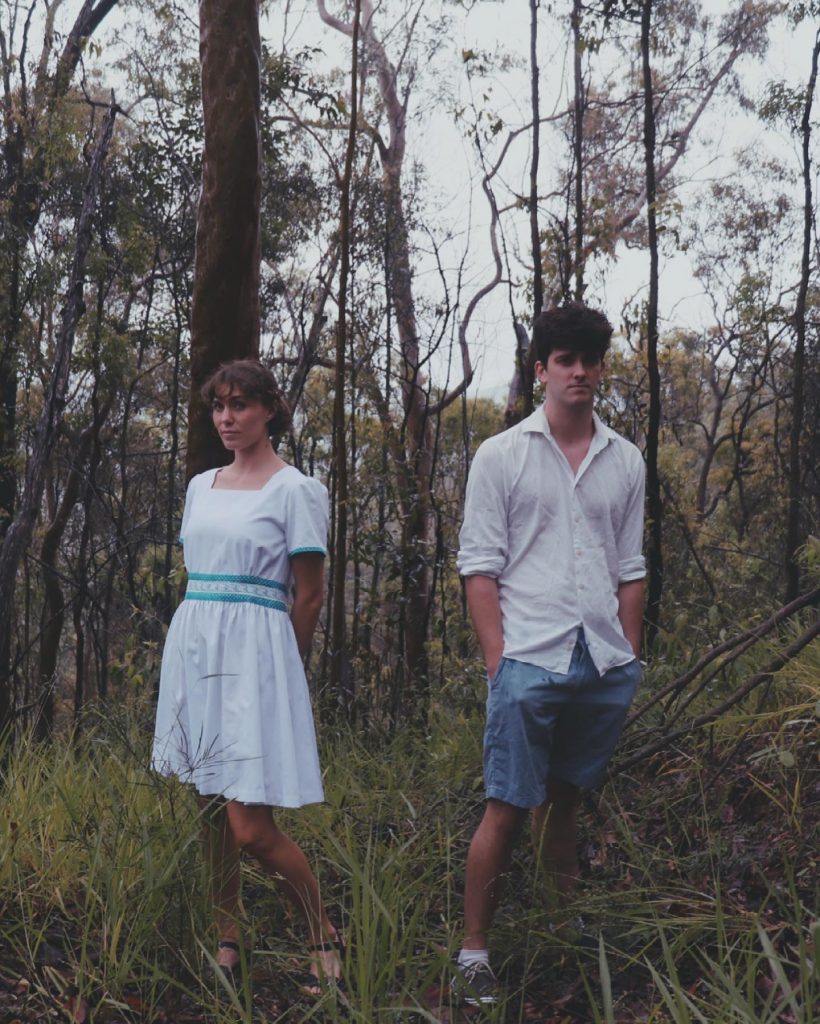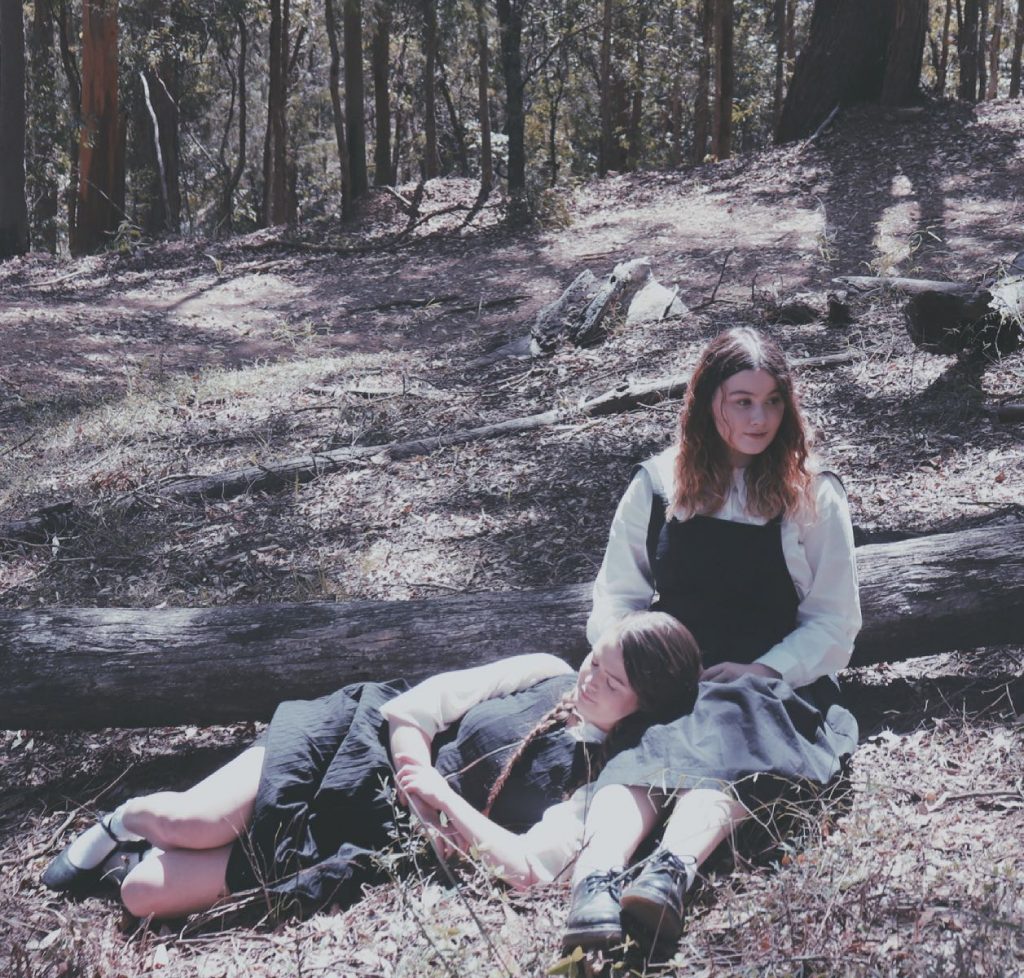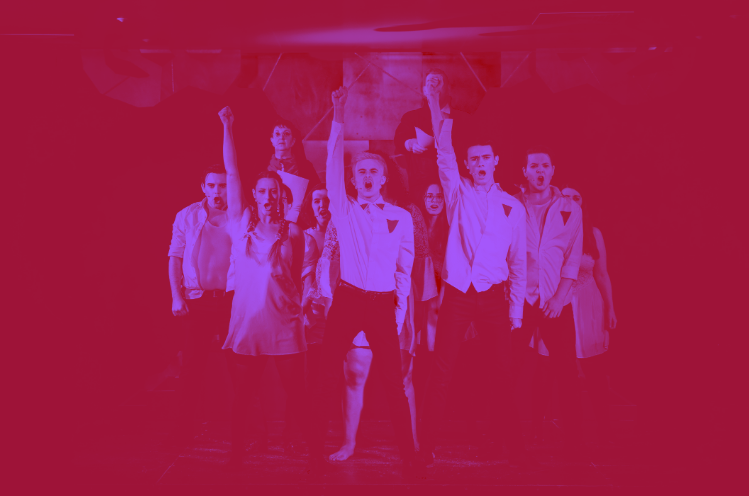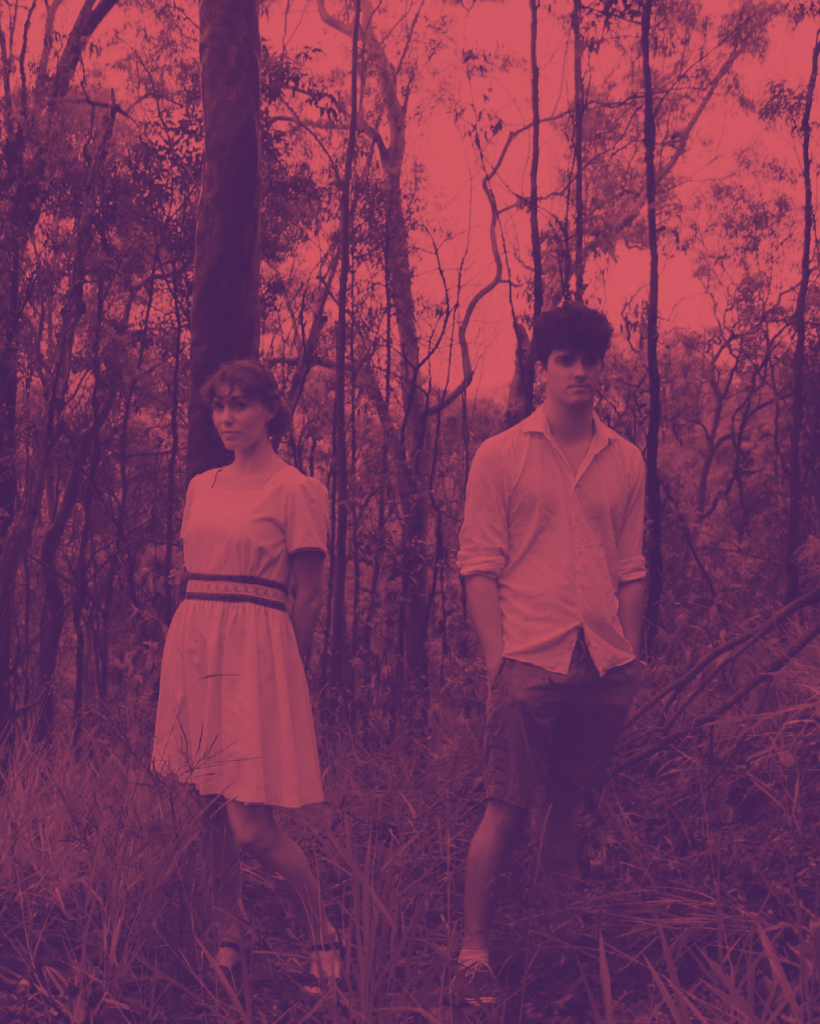
‘Awakening’ // Good Time Theatrics
‘Awakening’ was haunting.
Performing a fiercely contemporary adaptation of a classic text, Good Time Theatrics bring urgency and gravity to their most recent production, ‘Awakening’.
Frank Wedekind’s 1891 expressionist drama, ‘Spring Awakening’, has garnered intense controversy and significant influence since its 1906 debut in Berlin. The piece has spawned a number of adaptations, including a Tony Award-winning musical in 2006, and various stage and TV versions.
Australian playwright Daniel Lammin’s ‘Awakening’ was first performed by Monash Uni Student Theatre in 2016, and then produced professionally in a co-production with fortyfivedownstair in 2017. The work not only recontextualizes Wedekind’s original play, but it also offers a critique and an alternative conclusion.
The plot centers around Wedekind’s characters Wendla, Melchior and Moritz. Struggling against a brutally competitive, and sexually and emotionally oppressive culture, their transitions into adulthood are marred by tragedy. Wedekind and then Lammin make the link clear between this climate and Melchoir’s horrific sexual assault of Wendla, as well as Moritz’s suicide.
In this production, the relevancy of these themes to the current reckoning on toxic environments and sexism in Australia has not been lost on the team. A chalked passage on the back blackboard quotes the (outgoing) far-right Queensland MP, George Christensten, on his declaration that he is “against the sexual liberation of young people”. Blackboards surround the characters on stage from all sides and are a reminder of the looming presence of intense academic pressure on the teenagers. Apart from this component, the set is fairly pared-back, letting the cast use chairs for ensemble moments, but not pulling attention from the bodies on stage.
Technical direction by Willem Whitfield effectively furthered the narrative and brought new depth to the production. Lighting changes were utilised throughout, with cold, bright moments isolating characters with their troubles, and red washes helping to construct the intense but restrained atmosphere of the short movement pieces. The decision to go to near blackout and have actors face the audience in neutral position to perform the lines portraying Melchior’s sexual assault of Wendla achieved the desired shock without becoming exploitative or traumatic.
Sound and music played a significant role, especially in depicting what felt like a gradual transition from turn of the century Germany to contemporary Australia. The classical strings punctuating the first third of the show slowly gave way to modern pop songs, as well as folky cast renditions of Taylor Swift and Phoebe Bridgers. The juxtaposition of the cozy cast sing-along of ‘Love Story’ with the violence occurring downstage was concurrently macabre and striking.
The ensemble worked well together, and the artistic choices felt pointed and concrete. For example, as the cast spoke scattered lines from figures of power in unison, an eerie chorus-like ‘voice of authority’ emerged, giving presence to the concept of invisible but felt oppression and domination. As the ensemble remained mostly on stage to witness the events occurring, the audience was able to see their own reactions mirrored on stage.
Under Kurtis Laing’s direction, the clear energy and pathos of the cast felt measured and productively utilised. The production, like Lammin’s play, strikes the right balance of reverence and exciting demolition of source material by Wedekind. It is clear that Dramaturgy by Alex Macdonald was detailed and constructive, as the array of influences from Wedekind, Lammins and the current news cycle feed into a clear and cohesive new take on the narrative.
As Wendla, Claire Argente was outstanding. Argente intelligently portrayed the different sides of the character and brought a harrowing intensity when the script required. Her Wendla was charming and bright, heartbreaking, and then thrillingly forceful when the time came to turn Wedekind’s play on its head. A highlight was throwing the original script at the wall after summarising the absurdity of Wedekind’s ending and Melchoir’s absolution, much to the watching character’s dismay.
Drew Buchanan’s Melchoir was effectively aloof, unpredictable and disturbed, and gave us what felt like a modern, gaslighting incarnation of the horrible character. His relationship with Moritz (played by Sophie Wickes) was poignant at times and, in these moments, Buchanan avoided giving us a Melchoir as unlikable as possible, which strengthened the impact of his terrible actions. Wickes was also strong as the troubled Moritz, her tearful and isolated portrayal built in intensity as the character’s mental health issues worsened. The casting of a woman in this usually male role works well, creating another interesting female role which Wickes handled with skill.
Brittany Taylor Hetherington is believable and committed as Martha, and Bridie Middleton is funny and spirited as Isle. Christopher Paton brings an entertaining swagger and intensity to his Hansy, while Kurtis Laing (also acting) balances his love interest in Hansy with reassuring energy. These two also bring some appreciated lighter moments and natural comedic chemistry.
Good Time Theatrics have offered a haunting vision of the results of lack of education, lack of respect, and lack of understanding of mental health issues in Laing’s ‘Awakening’. Wendla, Melchoir and Mortitz could be students from the 1891, 2021, or beyond, and this production speaks urgently to the saddening timelessness of their stories.
‘Awakening’ performed for one weekend only at Backdock Arts. For more information on future Good Time Theatrics productions visit their Facebook page.
Images via Good Time Theatrics Facebook page




